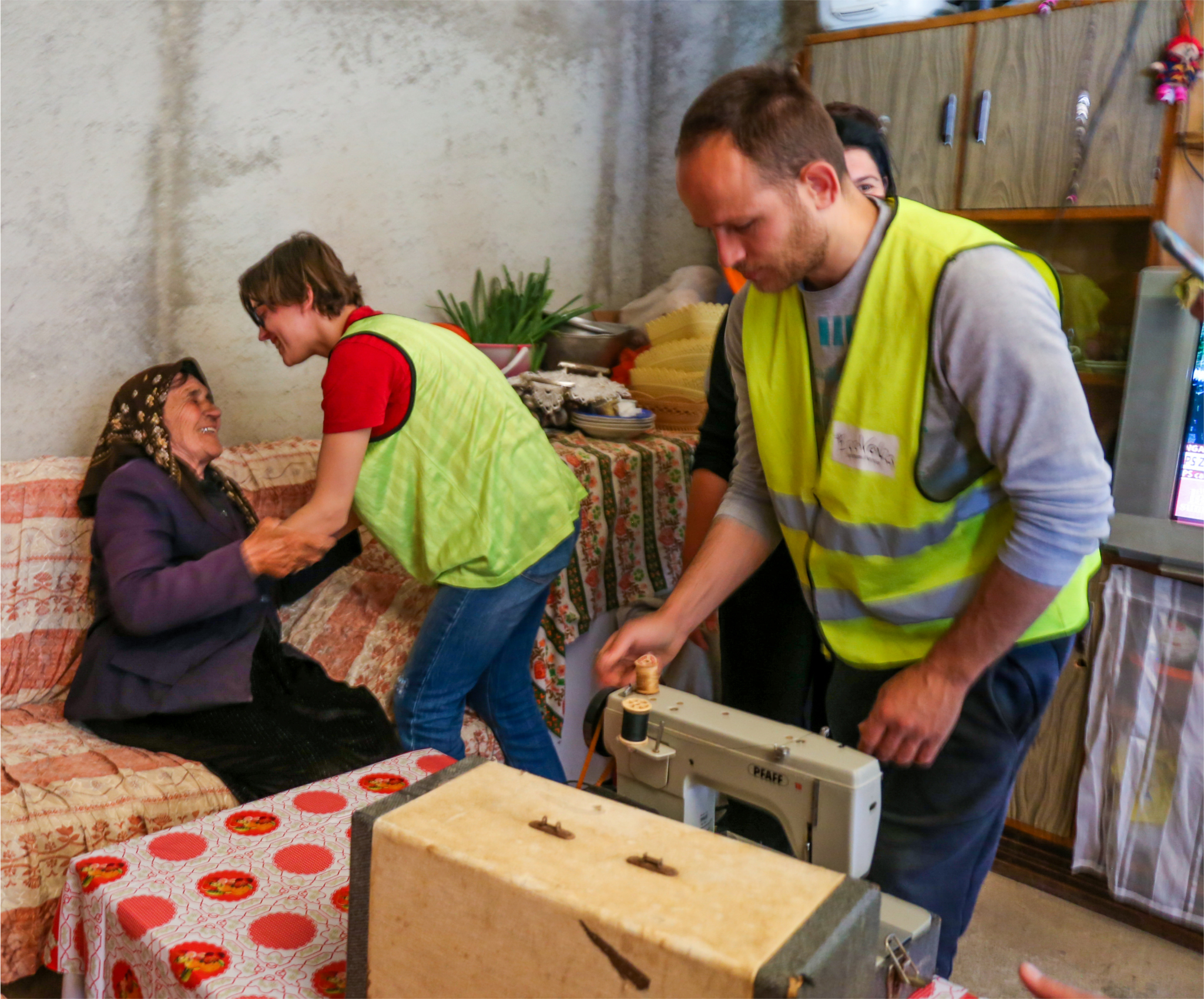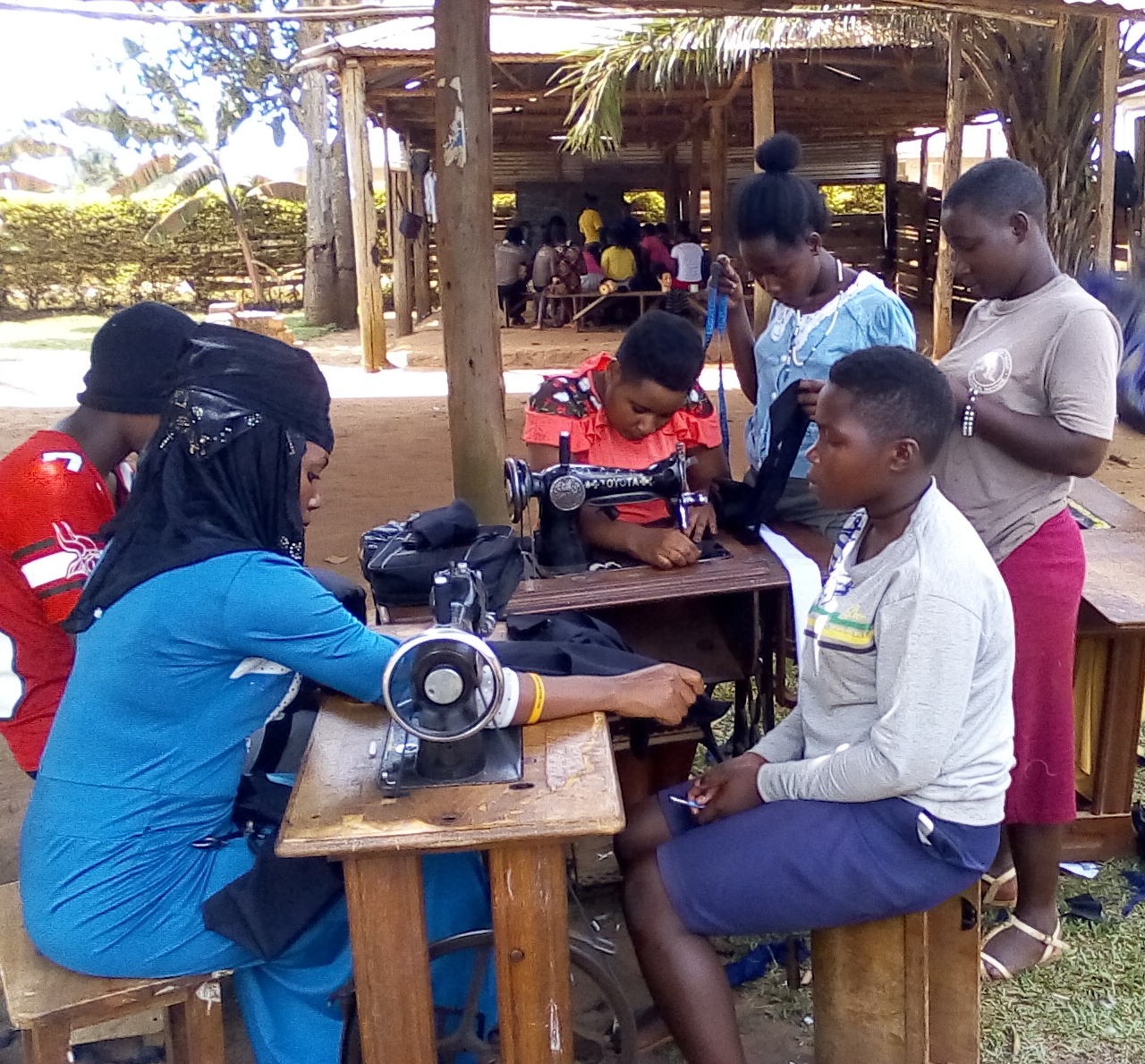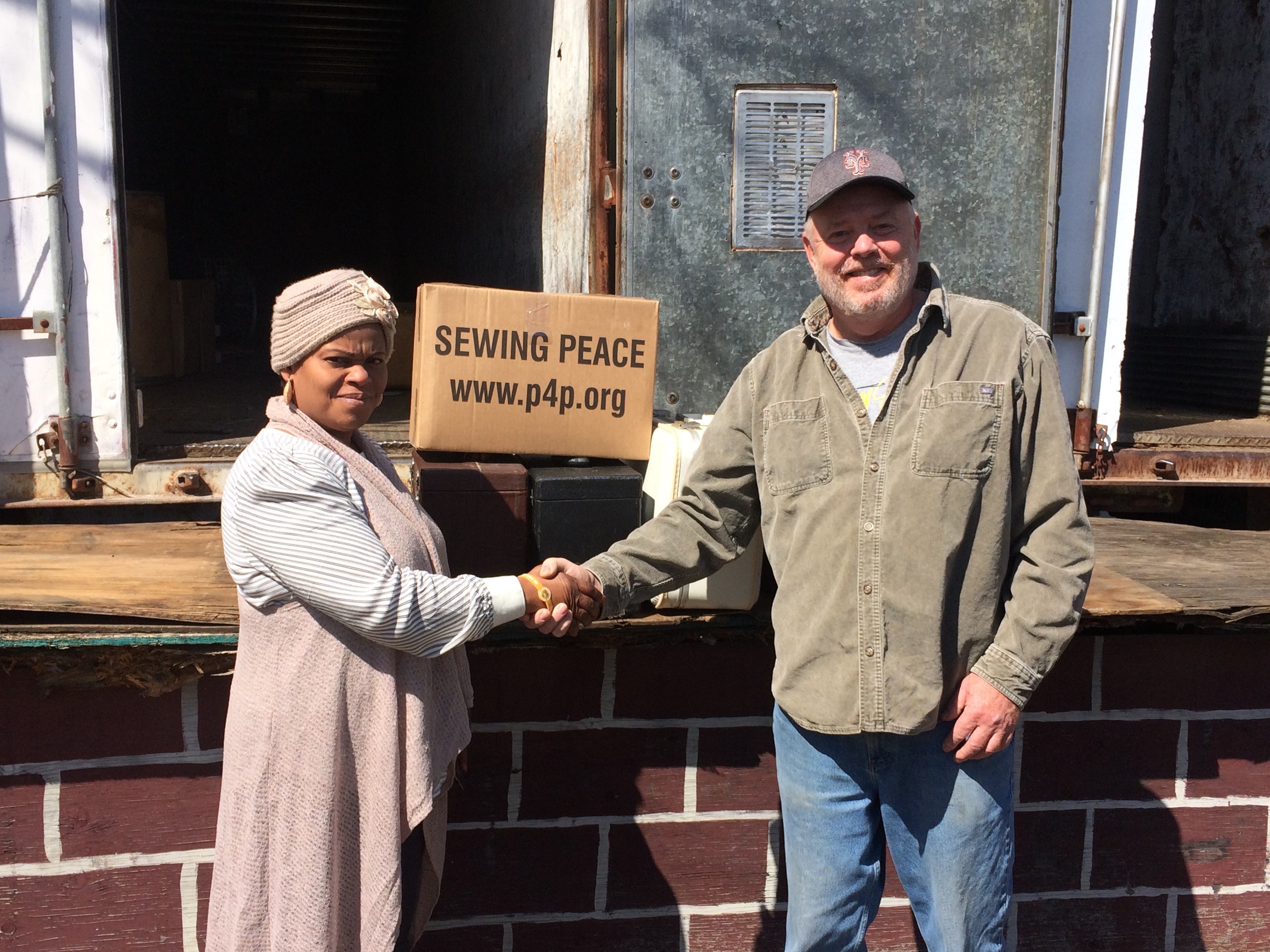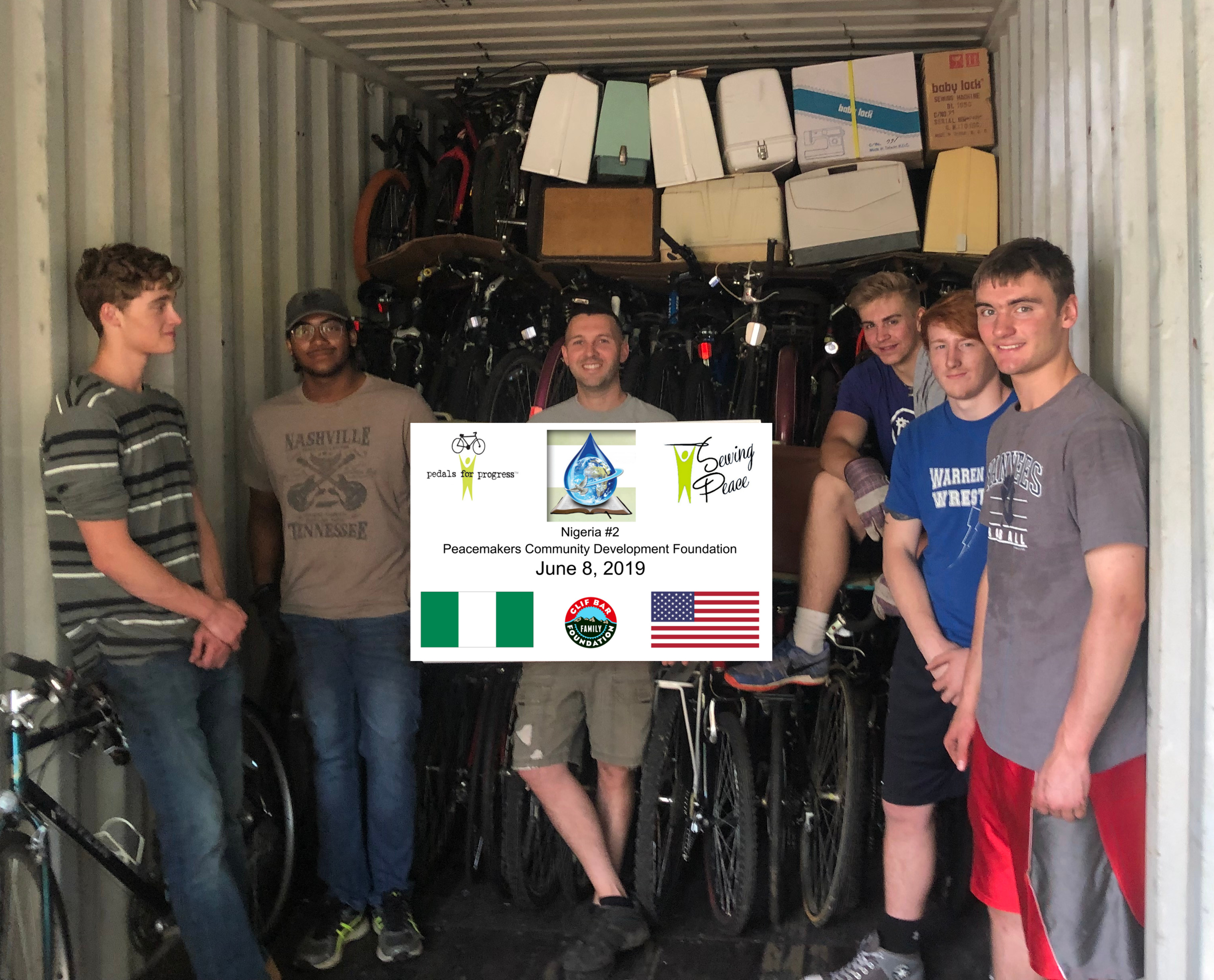Spring 2019

Kinship in Guatemala, 2019: It is so much more than bicycles and sewing machines
By Scott Shreve
Spring 2019 Newsletter
So, you’ve been thinking about a project you could do to help someone across the world have a better life. In searching the internet, you come across the Pedals for Progress site and think, hmmm, maybe the youth group in your community would want to collect old bicycles and send them to others to help with getting them to a job or healthcare. This is exactly how my wife and I came to know Pedals for Progress some 13 years ago. A lot has changed since then. Our church youth group has collected more than 800 bikes and over $10,000 to support sending bikes overseas. There’s been a spin-off program known as Earn a Bike established in our community to give guys in the Rescue Mission, post-prison program, and substance use programs an opportunity to use some volunteer time to get a bike of their own. More recently, my wife and I traveled to Guatemala as we wanted to see first-hand what it’s like when the bikes and sewing machines “land” in another country, how they get used. Along the way we learned a lot about kinship, building communities, and gratitude.
There are a lot of do-gooders in the world, in all shapes and sizes. Some help for a day, others go on to make giving a part of their entire life. When you start a project, like a bicycle collection for your community, you will quickly realize there will be a mixture of excitement in your group, along with others who may be there more out of curiosity than anything else. Some will likely be there to remind you of why this initiative will not work. Have faith. All these people have a role in the success of your collection, whether their contribution is adding to the fun and energy of a new project or perhaps tempering the enthusiasm with the reality of where to store the bicycles and how to prepare for the scraped knuckles along the way. Welcome all to the project, make sure you include a healthy dose of fun along the way and say thank you to your group and contributors many times.
One sunny morning, as our bicycle collection was coming to a close, some people walking by our church stopped to ask if they could get a bike? We proudly shared with them that our youth group was collecting bicycles to be sent overseas for people needing transportation. The passersby shared that they too needed transportation, could we help them? “No, sorry, these bikes are to go overseas.” Having to share these disheartening words with our church neighbors didn’t set well with us. All kinds of thoughts were going through my mind. Somewhat thankfully, I got called away from this conversation when a youth group member called for help in getting the pedals off a bicycle. I helped with the pedal removal but the question about how to serve those in need of bicycles more locally remained.
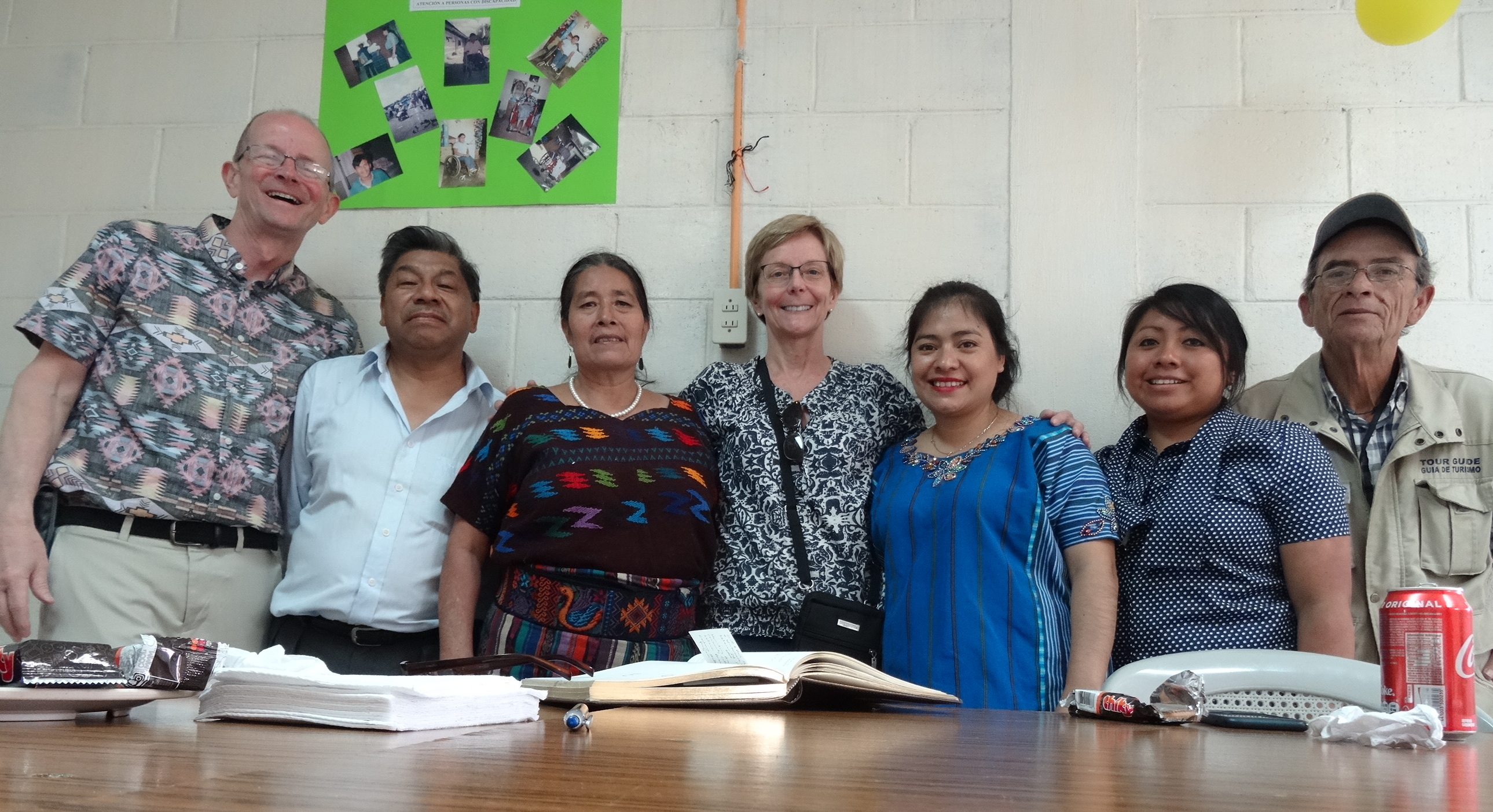
The community of bicyclists has been described as being made of tribes. These tribes are made up of mountain bikers, road bikers, those who tour, messengers (in a class all of their own), commuters, and others. The intersection of these different tribes comes at bicycle repair shops, bike clubs, and perhaps coffee shops. Bicycle clubs put their activities on their websites where you’ll find a combination of races, rides, socials and advocacy events. On one of these websites I heard about a Recycle Bicycle program that operated in a nearby city. I volunteered there and was amazed at how many bicycles they gave out, how they connected with their community, helping guys in halfway houses, getting kids a working bike and helmet, and being a beacon for sharing in the fun of fixing up and riding a bike.
Hmmm … perhaps we could establish a similar program in our city. The head of Recycle Bicycle of Harrisburg jumped at the idea of expanding a similar program in our city and after getting enthusiastic approval to operate as part of the Lebanon Valley Bicycle Coalition, we held an Earn a Bike session in the parking lot of a local Rescue Mission. It was a delight to see the smiles on the guys’ faces as they fixed up bikes and realized their new found freedom to explore the area in ways that walking wouldn’t allow. Then a local businessman (Willie Erb) offered warehouse space for our Earn a Bike program and we’ve been up and running on the 4th Saturday monthly for the past 5 years. This Earn a Bike program works closely with the Lebanon Rescue Mission, the Jubilee post-prison, and VA substance use programs. This upcoming year, we’ll be reaching out to support students at the local community college as many of these students are at or below the poverty level and a bicycle can make getting to class or a part-time job a lot easier. All of these activities led my wife and me to want to visit Guatemala and see how others use bicycles to support their community.
After a dozen years of working with a youth group collecting bicycles for P4P, we wondered what is it really like to be on the receiving end of a shipment of bicycles. Is there a crowd of people waiting as a cargo container arrives at the village? What type of bicycles are most valued? How do they put the diversity of bikes to use? Are the smiles on the bicycle recipients as wide as those we were seeing with our Earn a Bike program? With guidance from Dave Schweidenback, we chose to visit Guatemala. It gave us pause to see that the U.S. State Department had warnings online for tourists about increasing violence in parts of Guatemala but we found some solace that the Guatemalan program had been working with P4P for many years.
For us, Guatemala was a blend of beauty, poverty, and guns. We landed in Guatemala City and barely traveled a few blocks in a taxi before we saw firsthand the pervasiveness of guns. While we were stopped at a traffic light, a pickup truck pulled up next to us with six guys in the back of the truck. Each of the guys had a rifle over his shoulder. When we got to our hotel, we realized all of the stores downtown had armed guards. I’d never seen a McDonalds with an armed guard before. Who would have thought the fries could be that good?
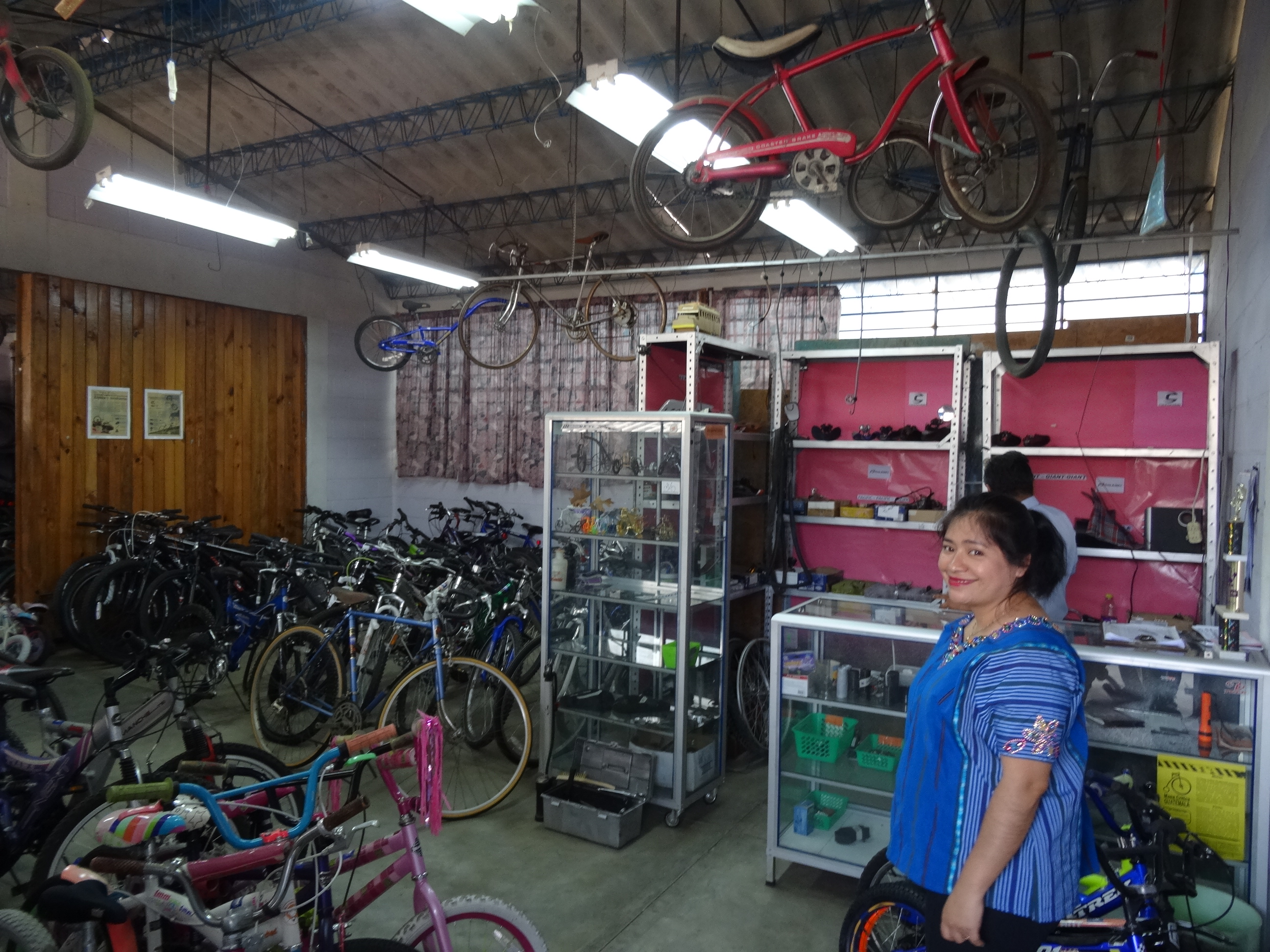 Our experience in the villages outside Guatemala City was much different. We were welcomed by just about everyone we met and did not see any guns. Our driver, Hugo, became a fast friend and took us to our destination, San Andrés Itzapa. Hugo had spent time in the states but delightfully shared the beauty of his home country, including the historical charm of Antigua and sites along our meandering path to San Andrés Itzapa. As we entered the village, we stopped to tour a convent. I had met some medical missionaries along the way and they graciously offered to show us their setup in the convent, where for one week, they serve the local community in any way they can. Interestingly, the convent happened to be “just across the street” from the dirt road we needed to take to get to the P4P bicycle program known here as FIDESMA. Thankfully our driver had a strong faith as we drove down a long and ever narrowing dirt road to finally come to FIDESMA. In this desolate village outpost we quickly learned about kinship.
Our experience in the villages outside Guatemala City was much different. We were welcomed by just about everyone we met and did not see any guns. Our driver, Hugo, became a fast friend and took us to our destination, San Andrés Itzapa. Hugo had spent time in the states but delightfully shared the beauty of his home country, including the historical charm of Antigua and sites along our meandering path to San Andrés Itzapa. As we entered the village, we stopped to tour a convent. I had met some medical missionaries along the way and they graciously offered to show us their setup in the convent, where for one week, they serve the local community in any way they can. Interestingly, the convent happened to be “just across the street” from the dirt road we needed to take to get to the P4P bicycle program known here as FIDESMA. Thankfully our driver had a strong faith as we drove down a long and ever narrowing dirt road to finally come to FIDESMA. In this desolate village outpost we quickly learned about kinship.
In this hilly corner of a village, a handful of caring souls have made it their mission to empower others. Decades ago they received a shipment of bicycles and set up shop, fixing up and sharing these bicycles with others. The shop was clean, spacious and filled with a wide assortment of well-maintained bicycles. I have to admit, I was a bit envious as our Earn a Bike shop wasn’t as nice as theirs. Remember though, only the first container of P4P bicycles is shipped without charge to the partner, so the Guatemalan shop has been sustained by selling and repairing bikes to meet their customers’ needs since their first shipment in 1999. Bicycles are only one part of FIDESMA. The next room was a classroom set up with sewing machines used to teach sewing skills, perhaps a skill more readily converted to Qs (quetzals, the Guatemalan currency) than having a bicycle. But wait, there’s more. The next room over had a large workshop for teaching welding. I was beginning to think we had stumbled onto a homemade vocational–technical school, which it was in many ways. Aside from the empowerment of learning these trades or getting a bike, customers could also get much needed dental care in a room at the end of the building. In a country devastated with gang violence and poverty, we saw first-hand how Margarita, Arnulfo, Isabel, and others were able to create a sustainable program to care for others with a “hand up”, not just a “handout”.
We were honored to sit down with the crew from FIDESMA for snacks and a soda. I can’t put into words how kind and generous they were to us in sharing their program. We told them how our visit made it all the more rewarding for us in collecting the bikes that end up in Guatemala and elsewhere. The conversation at the table drifted in all sorts of directions including a desire by my wife and me to help Guatemalans in the midst of so much turmoil. It just so happens that there is a young woman in their village who is looking to go to community college and we have a spare bedroom in our home to support an exchange student. Perhaps through connections like P4P, Sewing Peace, and exchange students, we can do our small part to build kinship across the borders that separate us.
President’s Message, Spring 2019
Our 28th spring collection season is well underway. We have a number of new collection sponsors and a number of new international partners. In my last message I spoke of having completed our goals in communities such as Rivas, Nicaragua, having saturated the area with bicycles. That has created the opportunity to open new programs in new countries.
In fiscal 2019 we have already resupplied our now-oldest programs: in 1999 we first shipped to FIDESMA in Guatemala with a grant from the New England Bio Labs Foundation, and in 2010 we first shipped to PASS/Ecovolis in Albania with a grant from the Clif Bar Family Foundation and the Soros Foundation. We have been able to create a new bicycle and sewing machine partnership with The Norbert and Friends Foundation in Arusha, Tanzania, thanks to the Jos Claerbout Family and William and Helen Mazar Foundation. Peace Maker Community Development Center in Lagos, Nigeria, should have a container of bikes floating towards them by the time you read this letter.
This year we resupplied Albania, Guatemala, and the new Tanzanian project with sewing machines. We will also be sending sewing machines in both of the bicycle shipments for Nigeria and Gambia. Independently, with a grant from the Dewan Foundation, we have made sewing-machine-only shipments: the first to resupply the Mityana Open Troop Foundation in Mityana, Uganda, with 72 more sewing machines, bringing their total to 207, and the second to open a new relationship with a shipment of 72 sewing machines to Association Défi et Révolution de la Vie Rurale in Togo. Togo, Nigeria, and Gambia are all new countries for Pedals for Progress and Sewing Peace.
Creating a new successful distribution point overseas, simply described, is starting a new business. Starting a new business takes investment. Pedals for Progress and Sewing Peace have been extremely successful in identifying the most motivated, dedicated and hard-working partners worldwide. Indeed our overseas partners, through their efforts, make P4P/SP so uniquely successful. From here in New Jersey we supply them with the pieces, but it is up to our international partners to put those pieces together to become a long-term distributor such as FIDESMA in Guatemala or PASS/Ecovolis in Albania. When they are successful and can take multiple shipments, there are greater economies of scale and experience. Our final success is when that bicycle or sewing machine is in the hands of a local customer. It is crucial to our success to have a fair and equitable distributor receiving our product overseas.
Thank you to all the individual donors as well as our essential corporate and foundation donors for allowing us the opportunity to continue on our mission to empower sustainable economic development by recycling bicycles and sewing machines from the U.S. and shipping them to motivated people in the developing world. We literally can not do it without you!
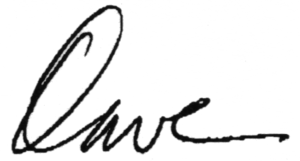
2019: Sewing machines for women locked in blood feuds in northern Albania
By the EcoVolis Team
Spring 2019 Newsletter
The Kanun of Lek Dukagjini is a set of traditional Albanian laws originally codified in the 15th century. The Kanun includes laws on religion, family, work, and honor, including laws sanctioning murder in blood feuds. Blood-taking or retaliation has affected many families — including women, mothers, and children — in the Malësia e Madhe and Shkodër regions of Albania. Under Kanun, affected families have no right to leave their homes, under penalty of death.
Today Kanun affects over 106 families, 83 convicted of Kanun crimes. Though Kanun-sanctioned violence is illegal in Albania, the state is still ineffective in dealing with it.
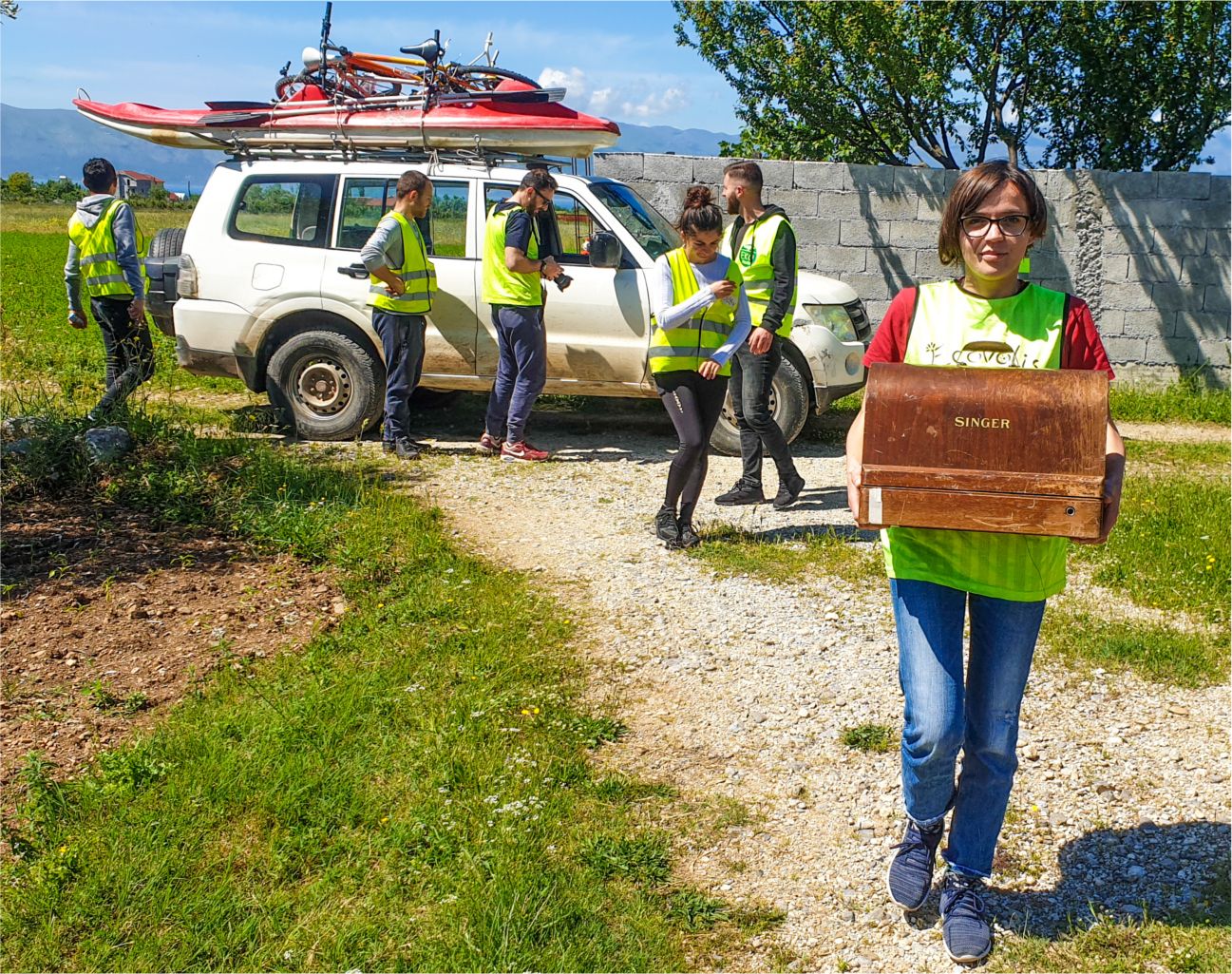
PASS/Ecovolis undertook a house-to-house campaign to donate dozens of sewing machines to women of these families. On May 13, 2019, we brought sewing machines to the confined households in Malësia e Madhe. We had the opportunity to hear about the hardships of living with their isolation: the poverty, the inability to work and support children, the inability of children to go to school and to have a normal childhood.
“It’s impossible,” says Anjeza, a mother of four, “raising the children, keeping the family locked up without any support or job opportunities. We do not know how our destiny will go.”
PASS has raised concerns about these families several times. In the fall 2015 P4P newsletter, we decribed the effect of Kanun on children’s lives. Children are not allowed to leave their family property, so they may be deprived of school and education. PASS visited several of these families to donate bicycles that children can ride at least in their yards.
Together with Sewing Peace we believe we have given some hope for dozens of women in an impossible situation. As always, thanks to P4P/SP for this opportunity!
[ PASS/Ecovolis facebook post on the sewing machine project (in Albanian, but with lots of photos)]
Tanzania 2019: Does life ever get you down?
By David Schweidenback
Spring 2019 Newsletter
Do you feel like you have the weight of the world on your shoulders?
In October 2018 we planned to ship a container to Aid the Needy in Homa Bay, Kenya. On October 1st, the Kenyan legislature changed the import laws, effectively barring us from the country. The warehouse was full and it was imperative that we make that shipment to make room in the warehouse for the bicycles coming in.
Switching to plan B, I had two potential partners in Tanzania to whom we could send the shipment. The first, The Norbert and Friends Foundation, was a very solid well-known NGO that I knew could do a good job. There was a second, smaller, younger organization called MATOLO which sent in the best proposal I have gotten in 28 years. As E.F. Schumacher notes in “Small is Beautiful”, sometimes smaller organizations are more creative and effective than larger organizations.
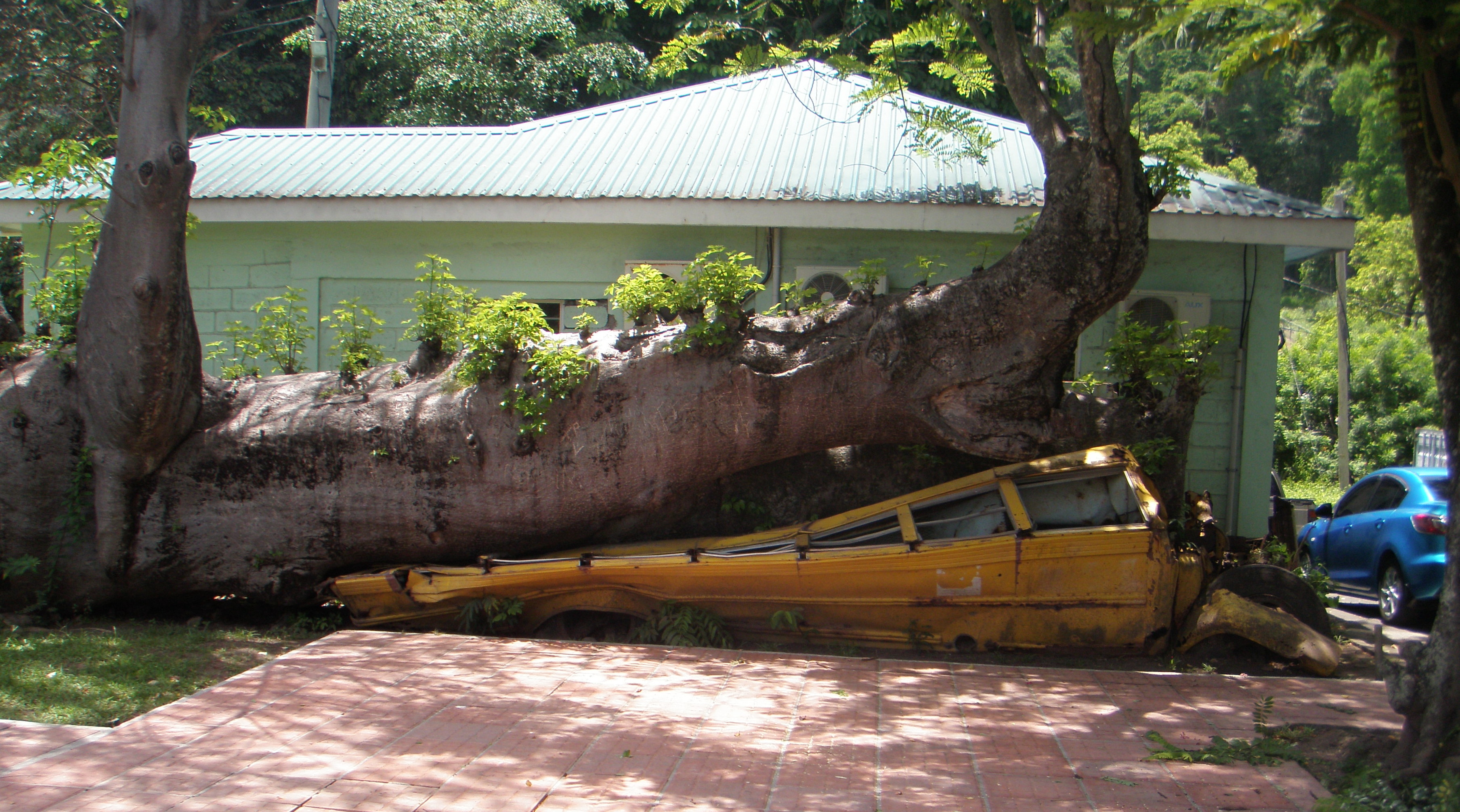
I decided to send the first container shipment for Tanzania to MATOLO and we shipped it out in early October, just in time to make room for the incoming bikes from our collections. The shipment arrived in Dar es Salaam in early January 2019. I was working with my contact there to get the container quickly out of customs because you only have a few days to empty the container or the shipping line starts charging you a daily fee called demurrage. Demurrage in Dar es Salaam is $120 per day!
By late February I was getting really nervous because the storage fees were building and it was going to be difficult for MATOLO to be able to pay those storage fees. Apparently in mid-February they just walked away. I wrote daily emails begging for an update and I finally realized by the beginning of March that the first group did not have the legal authority nor the finances to get the container out of customs.
In early March I started the process of changing the consignee to The Norbert and Friends Foundation. Once a container has been delivered to port it is extremely difficult to change the consignee. It took most of the month of March and into early April to get the paperwork changed. At this point in March 2019 we had made over 395 shipments overseas and I had never needed to do this before. It was a very steep learning curve.
By mid April I was able to get the paperwork changed but by then the storage fees had added up to a sum much greater than the actual cost of shipping. It was getting to the point that we might have to abandon the shipment. There are two ways to think about abandoning a shipment. On one hand, it would be a great loss for our program partner to not receive the 479 bicycles and 119 sewing machines. On the other hand if the container is abandoned it is sold at public auction. The bicycles and sewing machines would still go to individuals, but to individuals we don’t know. So the cargo is not lost; it is only lost to our organization and our partner. Still it would be a bitter pill to tell the foundation that paid for the shipping that we “lost” the shipment. It is hard to lose a 40-foot container that weighs 11,000 pounds! It wasn’t really lost — we knew where it was, we just didn’t have the legal authority to get it.
The Norbert and Friends Foundation and Pedals for Progress started petitioning the shipping line to give us a bit of a break. After all, this is a humanitarian aid shipment. Demurrage for shipping lines is like icing on the cake — a boost to their bottom line. It is pure profit. Weeks of negotiation went by as the cost of the storage went up by $120 per day. When the shipping line gave us their first invoice, it was a pretty shocking number. I fearfully went to a currency converter; they wanted more than $10,000. The initial shipping cost was $5000.
Abandon the container and look like a fool to our funders, come up with money that none of us had, or continue to negotiate. Norbert decided he was not going to give up and he kept hounding the shipping line to bring down the price to some reasonable cost. There were daily emails for weeks on end trying to convince the pertinent authorities that although we were liable for these expenses, we were trying to do something good for the benefit of the country. Our shipments really do increase the productivity of the population, which in itself improves the economy and therefore the country.
In the end the shipping line relented, I think in part because they just wanted to stop having to deal with Norbert and P4P on a daily basis. And the government also helped get some of the fees waived. So after four months of feeling like this school bus on the island of Dominica (where I took this picture on vacation), a tremendous weight has been lifted off Pedals for Progress and The Norbert and Friends Foundation. It was expensive, but the container is out and will soon be delivered to the Arusha Valley in northern Tanzania. Our new partner, N&FF, is an extremely positive and capable organization. Norbert has proved himself under difficult conditions. I have been trying to get a container of bicycles into Tanzania for almost a decade. I have struggled to find a partner who can get the job done. We now have that partner. Our greatest thanks to Norbert Mbwiliza for his tireless efforts at securing these bicycles and sewing machines for the people of the Arusha Valley. The 8-month transit is over and I look forward to all the good reporting I’m sure we’ll get from northern Tanzania.
Uganda: Report from the Mityana Open Troop Foundation, January–April 2019
By Mathew Yawe, Executive Director
Spring 2019 Newsletter
BackGround
The Mityana Open Troop Foundation was started in 1997 by a group of Boy Scouts who had been affected by socio-economic issues leading to their dropping out of school. Others had been affected by HIV/AIDS due to loss of their relatives and guardians. The initiative started as a community program by raising awareness of the HIV/AIDS scourge. We held talk shows on health. We promoted environmental protection, child nutrition in risky communities, food security, support and education to vulnerable people, and functional adult learning among those who cannot read.
The high school drop-out rate caused by socio-economic factors and the nature of the Ugandan education system, which emphasizes theory, resulted in a high youth unemployment rate: 64%. Crime rates among youths in Uganda, specifically in the Mityana area, were high.
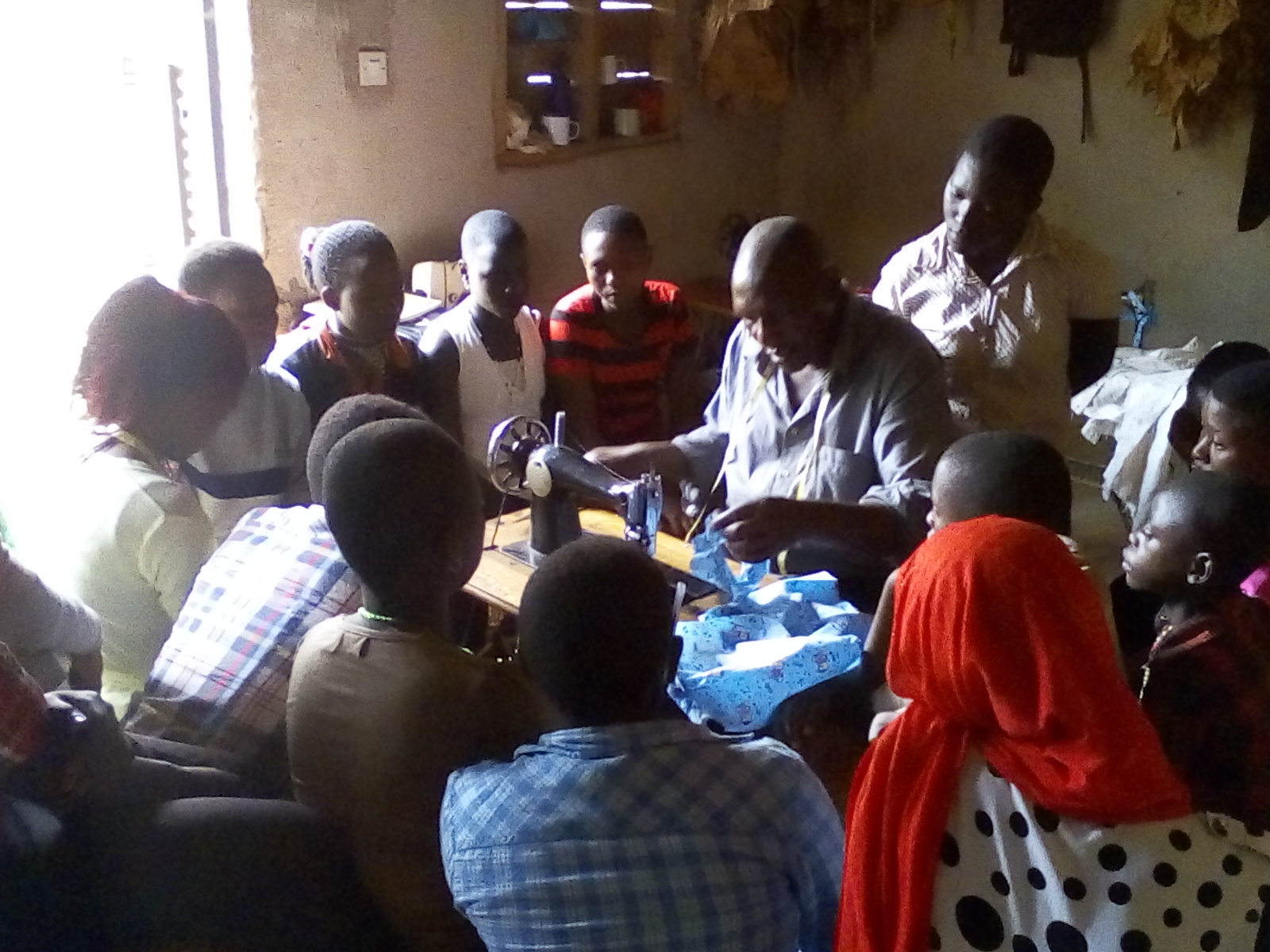
Because of these concerns, our organization started a Vocational Skill Training project in 2007 to recruit vulnerable youths. With support from partner organizations in the U.K., we started working with parents and other members of the community to mobilize unemployed youths in Mityana who had interests in acquiring vocational skills. We recruited school dropouts who didn’t complete their studies because they couldn’t afford school fees. We recruited girls who dropped out of school due to unwanted pregnancies. We also advocated for girls who were sex workers to abandon that activity and join our project. The project is currently recruiting single mothers and disadvantaged youths to be trained in:
- tailoring, designing, and fashion
- hair dressing, beauty, and weaving
- carpentry and joinery
- motor vehicle mechanics (parts 1, 2, and 3)
- crop and agriculture skills
- languages (English and Luganda), writing, speaking and
algebra
Each course takes 2 years. At graduation, trainees are awarded certificates along with start-up tools or sewing machines to enable them to go into the market and start their own businesses.
Mission
Empower marginalized vulnerable youths, orphans, and women through vocational skills acquisition and promoting better standards of living.
Aim
To reduce unemployment and over dependency among the marginalized groups of people.
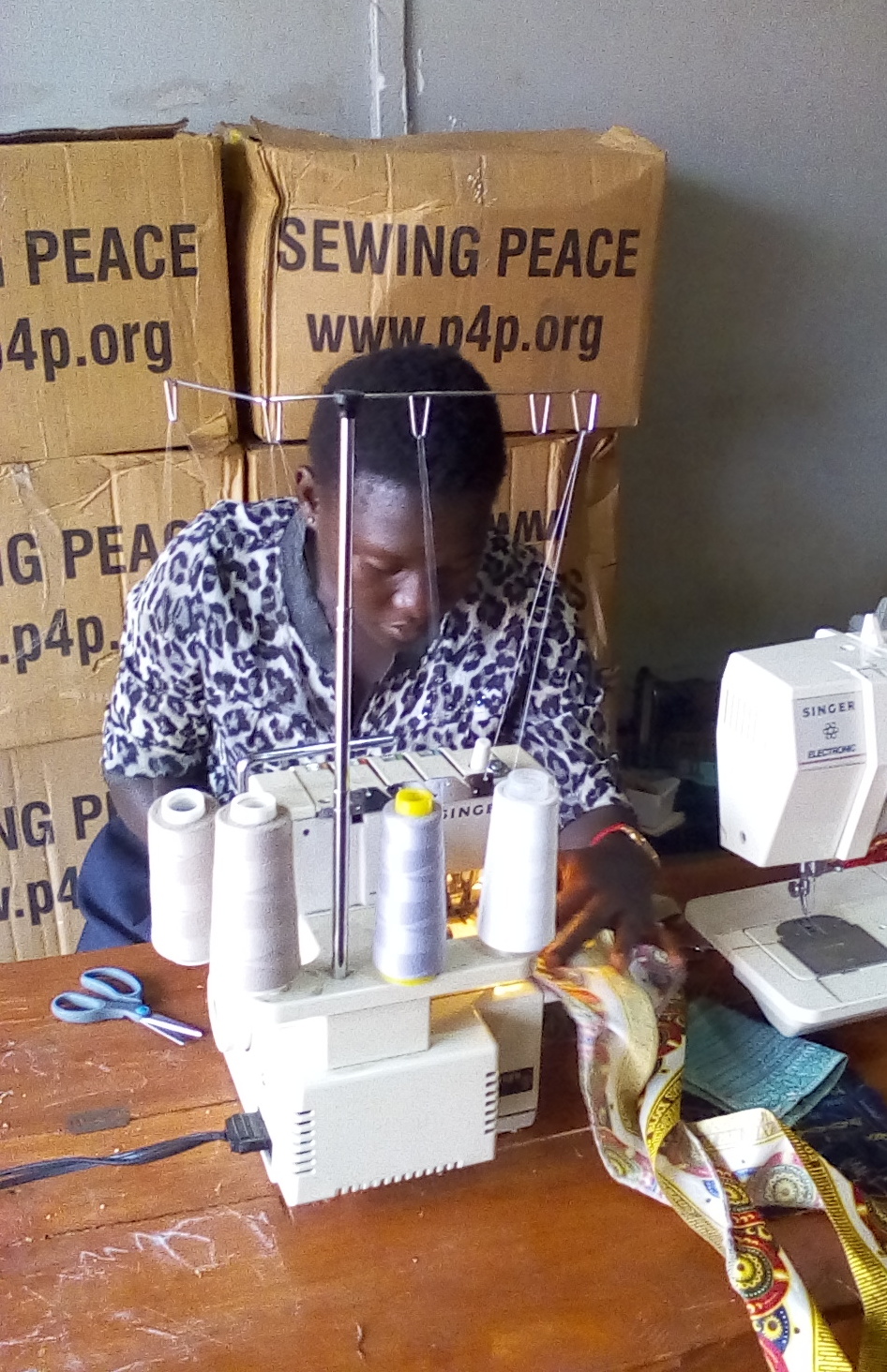
Objectives
Mityana Open Troop Foundation aims at achieving the following objectives:
- Create community awareness on sexually transmitted infections.
- Create a conducive educational atmosphere by fully equipping the vocational project with all the necessary training tools/machines along with working materials.
- Help vulnerable children attain education by sponsorship and scholastic material support.
- Develop, promote, and educate children about nutrition.
- Construct shelters for the poor, elderly, widows, and orphans.
- Provide start-up tools to all who graduate from our program, to enable them to start their own businesses.
Achievements
- During the training period of January – April 2019, we recruited 85 new trainees, for a current total of 112. In November 2018, 71 trainees graduated and left a big gap at the training centre!
- Sewing Peace, our sewing machine partner, managed to approach The Dewan Foundation and asked them to kindly sponsor the shipping of 2 pallets to our Vocational Project in Uganda.
- The project has conducted training in all the courses mentioned above.
- Project trainees participated in athletic competitions and did well.
- Project trainees participated in a debate on the topic, “How can one overcome AIDS?”
- Project trainees together with scouts volunteered in clearing brush
around the well that is the village water source. - The project with support of Mr. Nino Ardizzi and Ms. Madison Ardizzi of Canada began construction of a wooden poultry house, where trainees will learn poultry farming, though the house has not yet been roofed and completed.
Appreciations
- Many thanks go to Sewing Peace, for donating us nice sewing machines, which have really made a great change in our communities and made possible the sewing training workshop at our project. Initially the machine-to-student ratio was 1 to 5 trainees; now each trainee has a machine. We praise Mr. David Schwiedenback for always caring for our project. We also thank all volunteers involved in refurbishing the sewing machines and the sewing machine donors.
- We extend many thanks to The Dewan Foundation for having kindly funded the shipping of sewing machine pallets to our vocational project in Uganda. Please continue with your kind spirit; we appreciate your great care.
- The project extends many thanks to Mr. Nino Ardizzi and Ms. Madison of Canada for supporting us in constructing a poultry house, though it is not yet completed.
- We thank the Government of Uganda, through its Ministry of Education and Sports, for always sponsoring 50 disadvantaged youths at our vocational project.
- Thanks go to Kolping Mityana Womens project, which sponsors some 15 orphans at our vocational project. The funds from the Ugandan Government and from Kolping have supported paying the instructors and providing meals for our trainees.
Challenges
- Insufficient classroom space has Very Very much affected our programs, as we must sometimes train outside, where it is not safe when it rains and where it can be extremely hot. Lack of classroom space also forces us to limit the number of trainees who can enroll in our programs.
- We charge little tuition for our training, but unfortunately some still cannot afford it! As a result, the project sometimes cannot pay instructors on time or provide meals for trainees.
- It is a challenge for us to pay shipping costs and Ugandan import fees for the sewing machines donated to us by Sewing Peace.
Future Plan / Way Forward
- Construct a 2-classroom block to accommodate all potential trainees.
- Continue to get sewing machines shipments from Sewing Peace.
- Partner with and visit other U.S., Canadian, U.K., and other organizations and other vocational training programs to learn how they operate and how they sustain their institutions.
Conclusion
On behalf of the Mityana Open Troop Foundation, I conclude by thanking once again whoever has supported us financially and in-kind, and those who have worked tirelessly towards the development of our project. Thank you very much.
Sewing Machines in Vietnam, 2019
By Hanh Nguyen, GM of The Dariu Foundation (TDF) in Vietnam
Spring 2019 Newsletter
Our vision is creating a positive impact for 1 million people by 2025 using microfinance and education. On the path to advance our mission, we have been kindly supported by generous partners, one of which is Pedals for Progress (P4P) / Sewing Peace (SP).
In 2018, TDF got one container of 500 used bicycles granted to the most disadvantaged students and 30 sewing machines to low-income women in Da Nang city. The sewing machines were given to women with unstable employment and of low-income families. The program was aimed at supporting the selected women to generate jobs and improve their incomes. In addition to the sewing machines, TDF also provided each of them with micro-credit of $1,000 as working capital for the business.
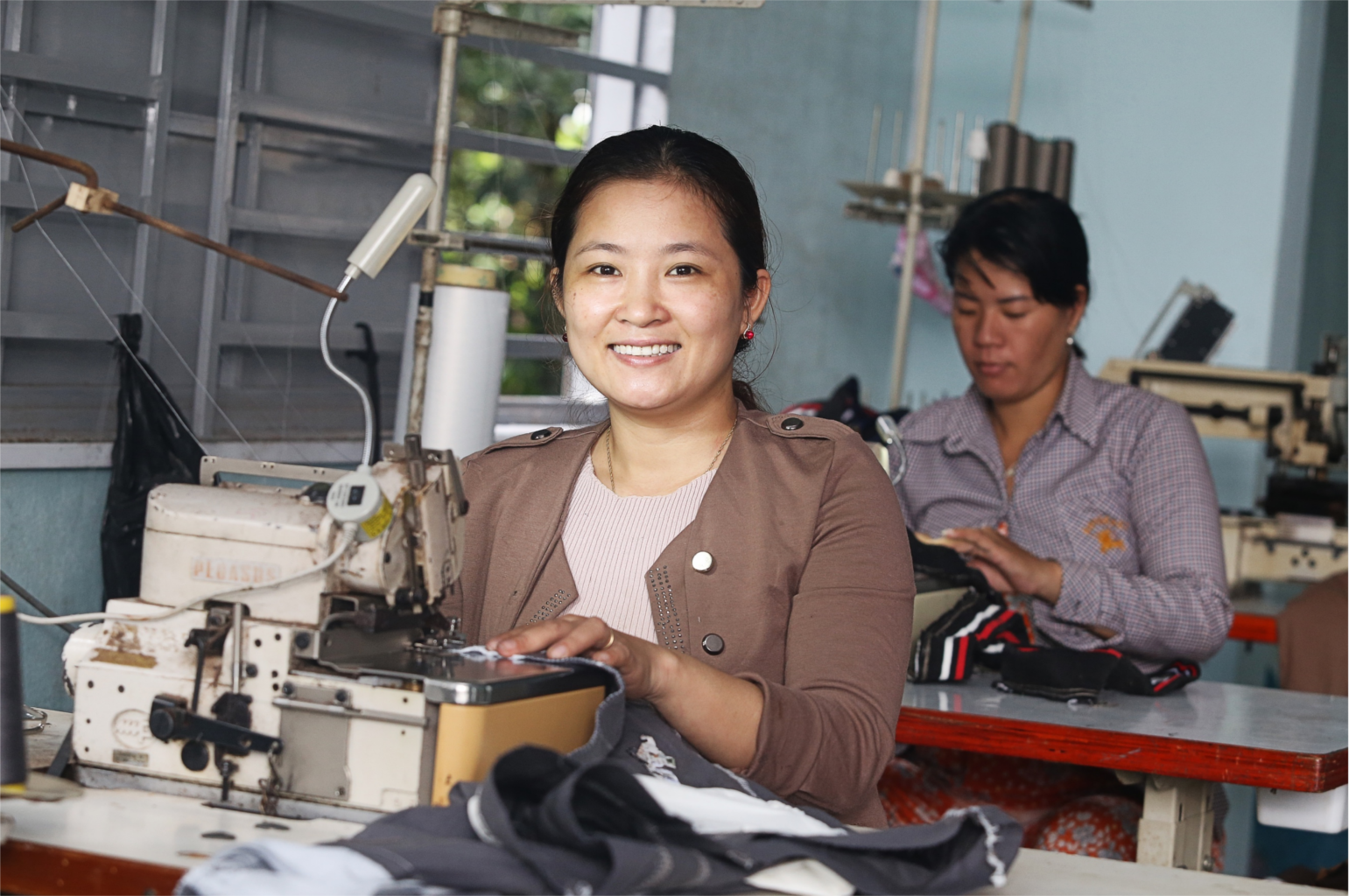
In December 2018, we visited the beneficiaries and learned that most of them had better employment and more income. Lanh Nguyen, a 40-year old mother, was one of the program members. She told us that her family had a hard time before she got a sewing machine from Sewing Peace via The Dariu Foundation. She tried different jobs but her family’s situation remained vulnerable. She had to work from dawn to dusk, but still could not make ends meet. She had no savings.
In 2014 she got a job at a garment factory more than 7 miles from her home. Every day she rode to work with her old bike, and it took her more than an hour for the ride. In 2016, the factory cut its staff; Lanh kept her job but it was changed to part-time. Her income was reduced by half. At this time her children started school, which made their life all the more difficult.
In 2018, she got an SP sewing machine in a Dariu program and started a business at home with three other women in the village. “I told my peers that we need to work together so that we can provide sewing services for the local companies. If it is only me, the company would not give me their jobs, because I could not meet the deadline and the quantity,” Lanh explained. “Now, five other women have joined us, so we can take bigger orders. I’m very happy that we can work together like a small company where every member contributes their own machine, and a little capital,” she added.
Now each member in the workshop has a stable income and personal savings of $2 per day. Their plan is to attract another 20 local women from the same background to join their workshop in 2019.
“With sewing machines from SP and micro-loans from TDF, we have been able to start and expand our business, creating stable income for our families and earning money for our children’s education,” said Lanh Nguyen.
Thanks to generous support from Sewing Peace and the Dariu Foundation, tens of families have improved their quality of life and earned greater respect in their families and communities.
Nigeria 2019: New Country, New Partner
Spring 2019 Newsletter
On March 19, 2019, Pedals for Progress and Sewing Peace signed a partnership with the New Jersey affiliate of the Peace Maker Community Foundation (PMCF), Nigeria.
PMCF has organized training initiatives for widows and youth for the past 12 years. They offer training in photography, event planning, decoration, fashion design, soap making, and baking. Working with local and national government groups, they plan to open bike shops and a sewing center in Nigeria. Their programs are open to all citizens.
We made contact with PMCF through Shola Adedeji, MPH, a pastor in New Jersey. Ms. Adedeji had planned a trip to Nigeria for later in March, so she came to the Sewing Peace warehouse and picked up four sewing machines to carry back to Nigeria.
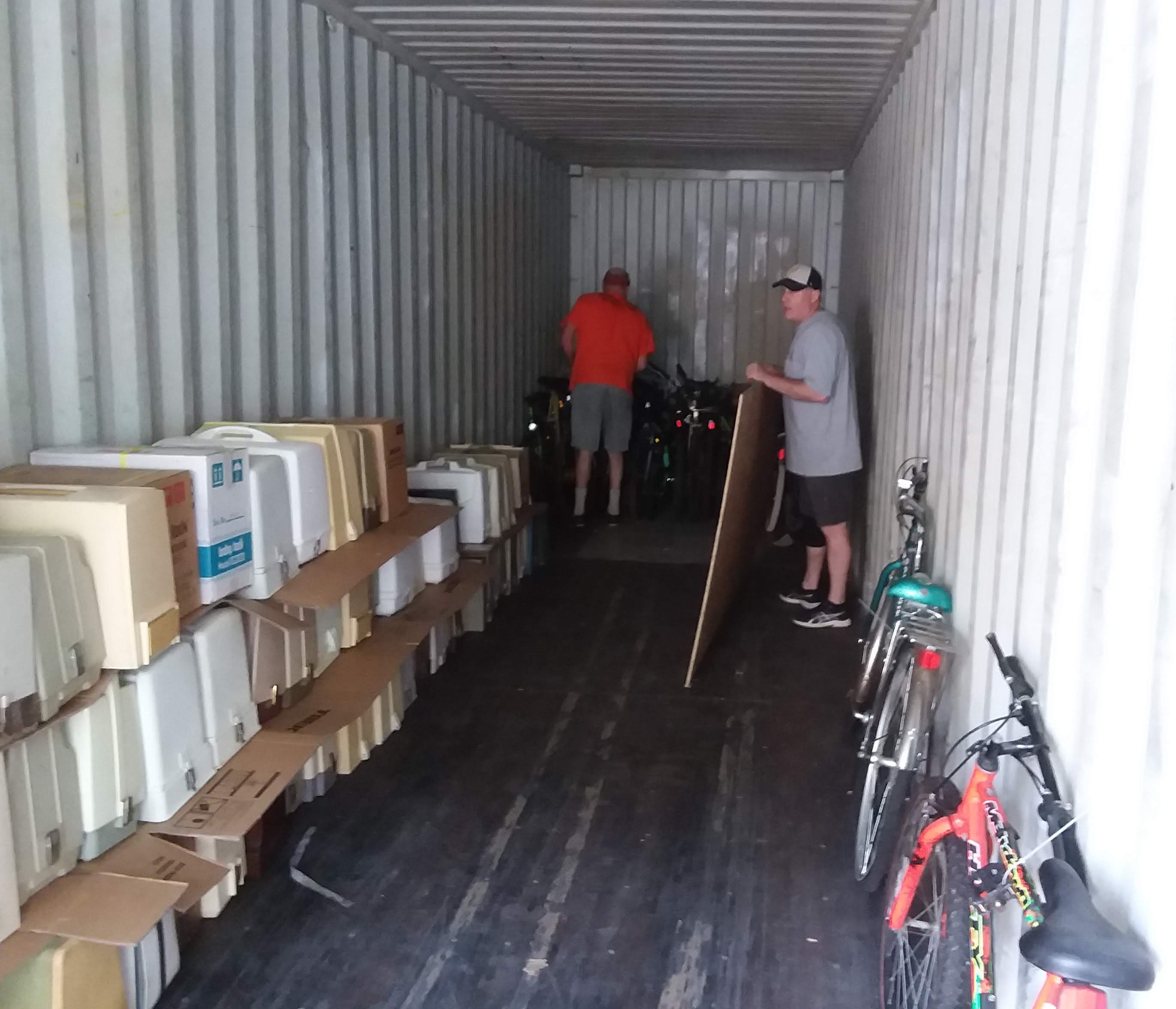 When a full container became available for shipping in June, we were able to fund it thanks to the Clif Bar Family Foundation. Our revolving fund idea is that the profits from this shipment will be able to fund the next shipment, and so on.
When a full container became available for shipping in June, we were able to fund it thanks to the Clif Bar Family Foundation. Our revolving fund idea is that the profits from this shipment will be able to fund the next shipment, and so on.
On June 7th we did a small preload: we loaded a row of bikes and moved a bunch of sewing machines into place for the main loading.
On June 8th, the main crew loaded 463 bikes and 141 sewing machines.
Nigeria is a new country for Sewing Peace and Pedals for Progress — a first container in 2019, but hopefully many more to come.
Collecting Sewing Machines for Sewing Peace, 2019
Spring 2019 Newsletter
[Editor’s note: this is a report from one of our very best sewing machine collectors, who wishes to remain anonymous. The dozens of machines we get every year from this volunteer arrive clean and in perfect working condition.]
I am the recycling coordinator for a solid waste management district. I work with five transfer stations, three of which collect used sewing machines for me.
The collection of sewing machines here is a group effort. The employees at the transfer stations keep an eye out for sewing machines and set them aside for me to pick up. Plus, of course, we have generous donors who not only provide the machines but also throw in thread, extra needles, bobbins, pins, etc. The older machines are my favorites; I’ve been working on one that is 81 years old and came with its original manual. It’s a trooper.
The process of collecting and shipping the machines has evolved over the years. In addition to cleaning, oiling, and testing the machines, I now make drawstring bags to hold sewing notions, sew dust covers, cut out and embroider felt pin-holders, and put together sewing kits for each machine. And there’s my long-suffering husband, who has accepted the annexation of an entire room in our house for the Sewing Peace project.
My hobby has become a labor of love for people I will never meet but feel very connected to through a shared appreciation for sewing machines. I am very grateful to have the opportunity to contribute to Sewing Peace’s wonderful mission.
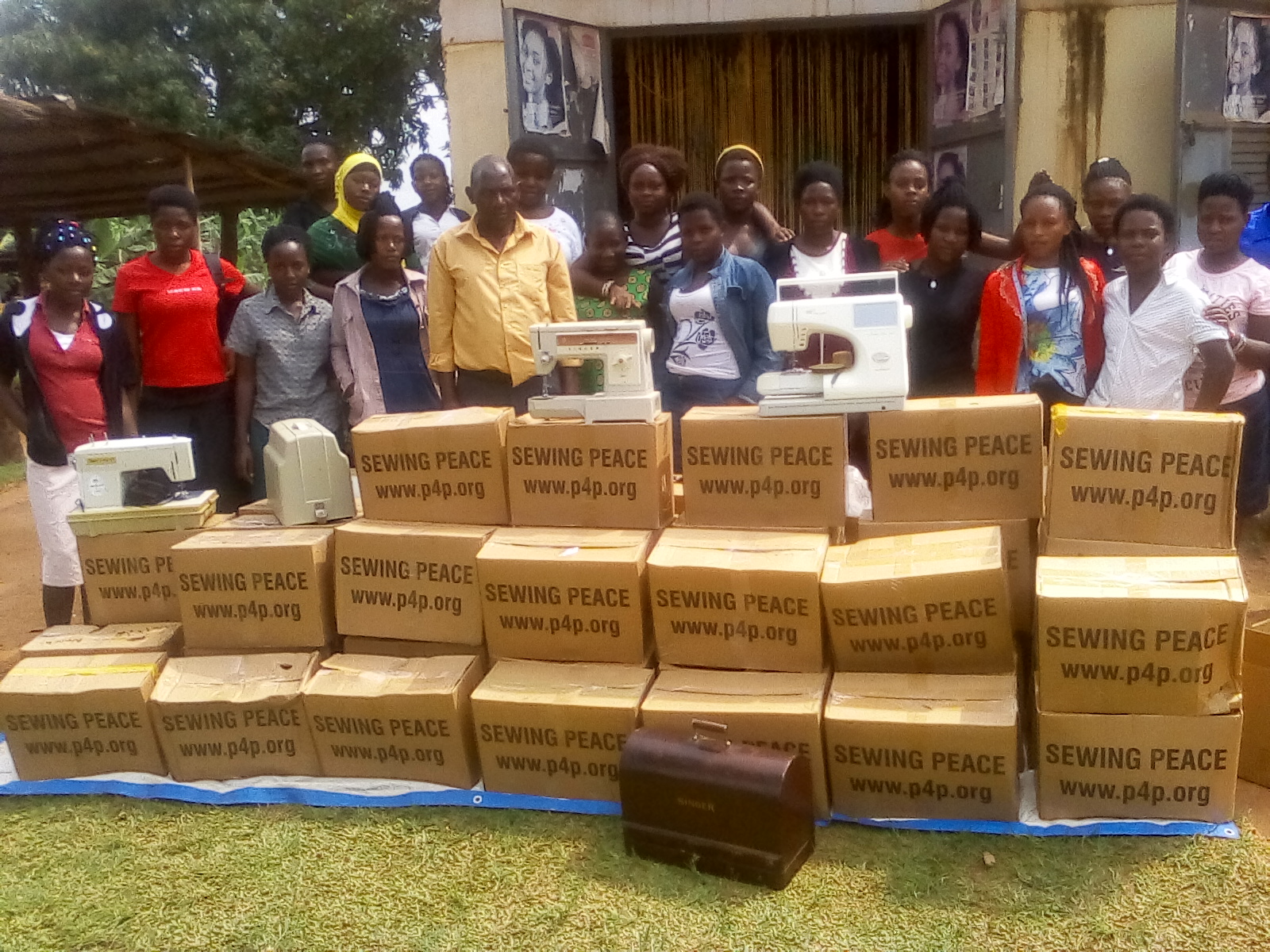
P4P/SP Partners as of June 2019 (  Map)
Map)
ALBANIA, Tirana, PASS/EcoVolis: 7,371 bikes (2010 – 2019), 326 sewing machines (2010 – 2019)
GUATEMALA, Chimaltenango, Fundacion Integral de Desarrollo Sostenible y Medio Ambiente (FIDESMA): 9,865 bikes (1999 – 2019), 294 sewing machines (2003 – 2019)
KOSOVO, Kastriot, GoBike: 450 bikes (2018), 50 sewing machines (2018)
NIGERIA, Lagos, Peace Maker Community Development Foundation: 463 bikes (2019), 145 sewing machines (2019)
TANZANIA, Arusha, The Norbert and Friends Foundation: 469 bikes (2019), 119 sewing machines (2019)
TOGO, Vogan, Association Défi et Révolution de la Vie Rurale: 72 sewing machines (2019)
UGANDA, Mityana, Mityana Open Troop Foundation: 209 sewing machines (2017 – 2019)
Twenty-Eight Year Bicycle Grand Total 157,770
Nineteen Year Sewing Machine Grand Total 4,767
Financial Sponsors
A SPECIAL THANKS TO OUR SPONSORS AND MAJOR CONTRIBUTORS:
John Alexander & Jane Divinski
AXA Foundation
Biovid
Sherman Carll
CCG Facilities Integration, Inc.
Mrs. Diane Claerbout and Professor Jon Claerbout
Clif Bar Family Foundation
Dariu Foundation
Dewan Foundation
ExxonMobil Foundation
FedEx
Pamela Hanlon Charitable Fund
Jack & Donna Haughn
Robert & Laura Hockett
Leo & Helen Hollein
Elliott & Kathleen Jones
Gary & Mary Kamplain
Dorothy Magers
Helen & William Mazer Foundation
David Schweidenback & Geraldine Taiani
South Brunswick Education Association
Andrew Williams & Emily Winand
Kermit Leslie Young, Jr.
P4P/SP Board of Trustees
John Alexander, Treasurer
Unit 3230, Box 470
DPO, AA 34031 – 0470
David Schweidenback, President & CEO
86 E Main St
High Bridge, NJ 08829
John Strachan
95 Old York Rd
Hopewell, PA 18938
Andrew Williams
642 Jersey Av Apt 3
Jersey City, NJ 07303
Robert Zeh, Secretary
5 Woods Edge Ct
Clinton, NJ 08809
P4P/SP Staff Directory
Dave Schweidenback – Founder and CEO
Gary Michel – VP and Collection Coordinator
Lori Smith – Office Manager
Michael Sabrio – Webmaster
Tue Jun 11 21:58:25 EDT 2019

